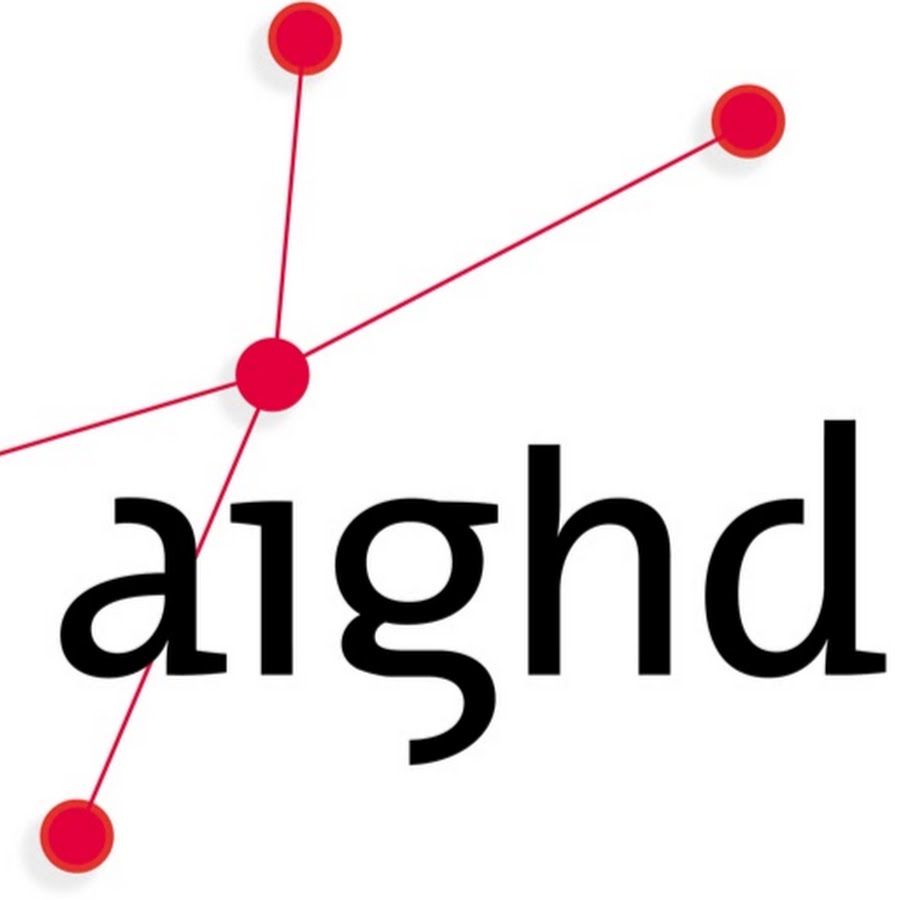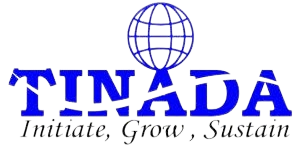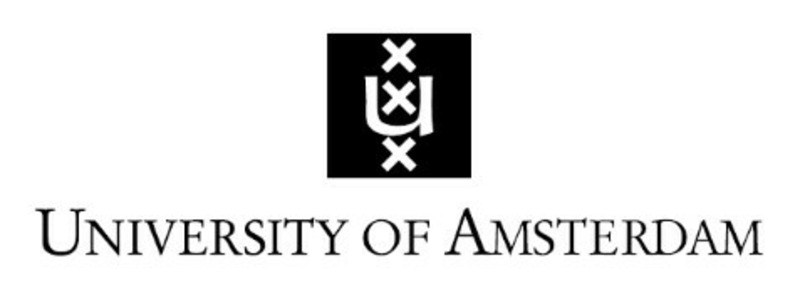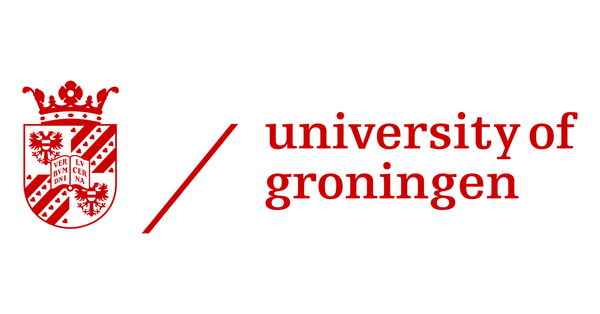A maternal mental health intervention for pregnant women in low-resource settings in Kenya
View knowledge productFor this project, researchers developed two knowledge products with this project (both available for download below), a policy brief on a scalable mental health intervention for pregnant women in Kenya and a contextualized facilitator’s guide for a group-based maternal mental health (MMH) intervention.
The policy brief created illustrates the overall process and outcome of this project. It describes the need for the adaptation and piloting of an evidence-based, low-cost, and scalable mental health intervention for pregnant women in Western Kenya. The study found a high need for mental health support among perinatal women in the study region, with more than one-third of screened women showing depressive symptoms. The pilot showed that integrating a contextualized group-based mental health intervention within routine antenatal care settings in primary healthcare was feasible, and acceptable. The policy brief provides several recommendations to policymakers, the community, and pregnant mothers in western Kenya to enhance their access to much-needed mental health support.
Based on extensive Focus Group Discussions and local psychological expert consultations, researchers first adapted and contextualized the WHO Problem Management+ curriculum for group-based mental health intervention to the situation of pregnant women in Western Kenya. This included a revised facilitator’s guide and contextualized training poster. The facilitator guide was used for training local Community Health Volunteers to provide support group sessions with women from their communities who had been identified through the maternal and childcare program MomCare to be in need of mental health support. The guide aids facilitators in session preparation and planning, explaining the five strategies of the MMH intervention, demonstrating their application through case examples, promoting active learning and group discussion, and ensuring efficient time management.
These knowledge products aim to serve as the basis for a larger, statistically powered, controlled research study of the intervention with the goal of rigorously evaluating its impact on maternal mental well-being and maternal and child health outcomes.
Knowledge product details
-
Knowledge Activation Grants
-
2021
-
Kenya
-
Maternal health
-
Mental health
-
Share-Net Netherlands
-
English
-
Facilitator Guide
-
Policy Brief
-
Poster








